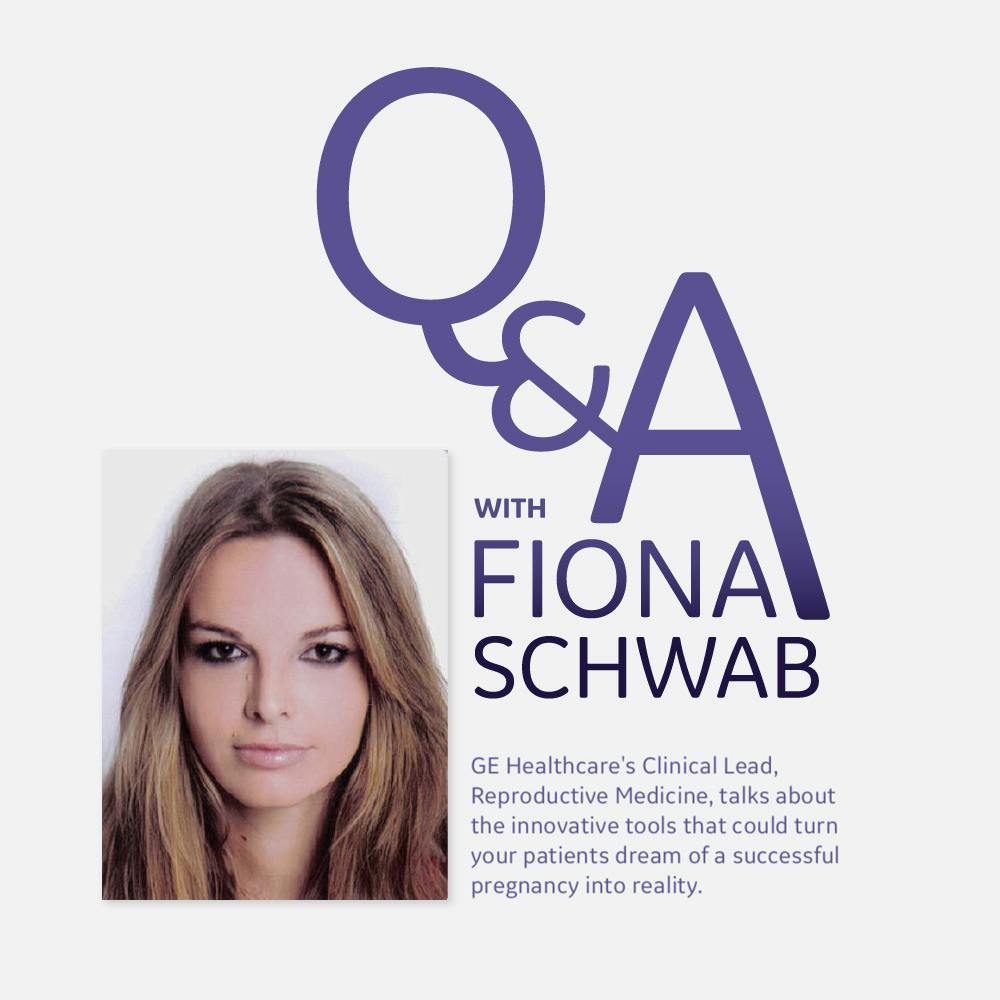Most women understand the importance of avoiding alcohol while they're pregnant, but fewer patients understand the relationship between alcohol and fertility outside of pregnancy. Although the effects of alcohol on male and female reproductive systems, as well as on the fetus, are well-known, it's less clear how consuming alcohol affects fertility outcomes in general. Staying informed on the latest research can help guide your conversations with patients who wish to conceive.
A Look at the Evidence
Findings from observational studies have long suggested a link between consuming alcohol and fertility. For example, a 2004 study in Fertility and Sterility looked at the effects of alcohol on fertility in 7,393 Swedish women between the ages of 18 and 28. The women answered questionnaires about their alcohol consumption and were tracked for 18 years. The researchers found that women with high consumption of alcoholic beverages were more likely to undergo infertility examinations than those with low consumption. The rates of miscarriage, extrauterine pregnancy and pelvic inflammatory disease, however, did not differ between high and low consumers of alcohol.
More recently, Australian researchers published data in Reproductive Biology and Endocrinology from 351 couples who went through in vitro fertilization (IVF). The men and women answered questions about the number of years they had smoked and their consumption of alcohol, in addition to fruits and vegetables. The results regarding alcohol consumption and fertility outcomes were unclear: There was no evidence of a significant relationship between female alcohol consumption and fertility parameters such as oocyte production, fertilization rate or pregnancy loss. Male alcohol consumption appeared to have a positive effect on fertilization rates. The study did establish an increased risk of pregnancy loss related to male smoking, which is most likely due to spermatozoal DNA damage. Female smoking also had an adverse effect on fertilization.
Is There a Link Between Consuming Alcohol and Fertility?
In 2016, another large study in The BMJ addressed the relationship between alcohol consumption and infertility. Researchers tracked 6,120 female Danish residents who were trying to conceive and were not receiving fertility treatment. These women reported their weekly alcohol consumption of beer (330 mL bottles), red or white wine (120 mL glasses), dessert wine (50 mL glasses) and spirits (20 mL). Nearly 70 percent of the participants became pregnant during the follow-up period, and the median alcohol intake was two servings per week. Consumption of fewer than 14 servings of alcohol per week appeared to have no discernible effect on fertility, nor did the level of consumption of beer and wine.
It's still unclear how alcohol might impair fertility, if at all. Some studies have shown that consumption of more than 25 grams of alcohol per day (approximately 14 drinks per week) is associated with higher levels of sex hormones compared to no intake, which may reduce fertility. But research has yet to establish a direct and definitive connection between alcohol consumption and fertility outcomes.
What to Tell Patients about Alcohol and Fertility
Despite the continued lack of certainty surrounding this issue, most physicians still advise their patients to abstain from or cut back on alcohol while attempting to conceive. Because the fetus may be particularly vulnerable to substances during the initial period after conception, it's prudent for women who are actively trying to become pregnant to abstain from alcohol during their fertile window until pregnancy has been ruled out.





